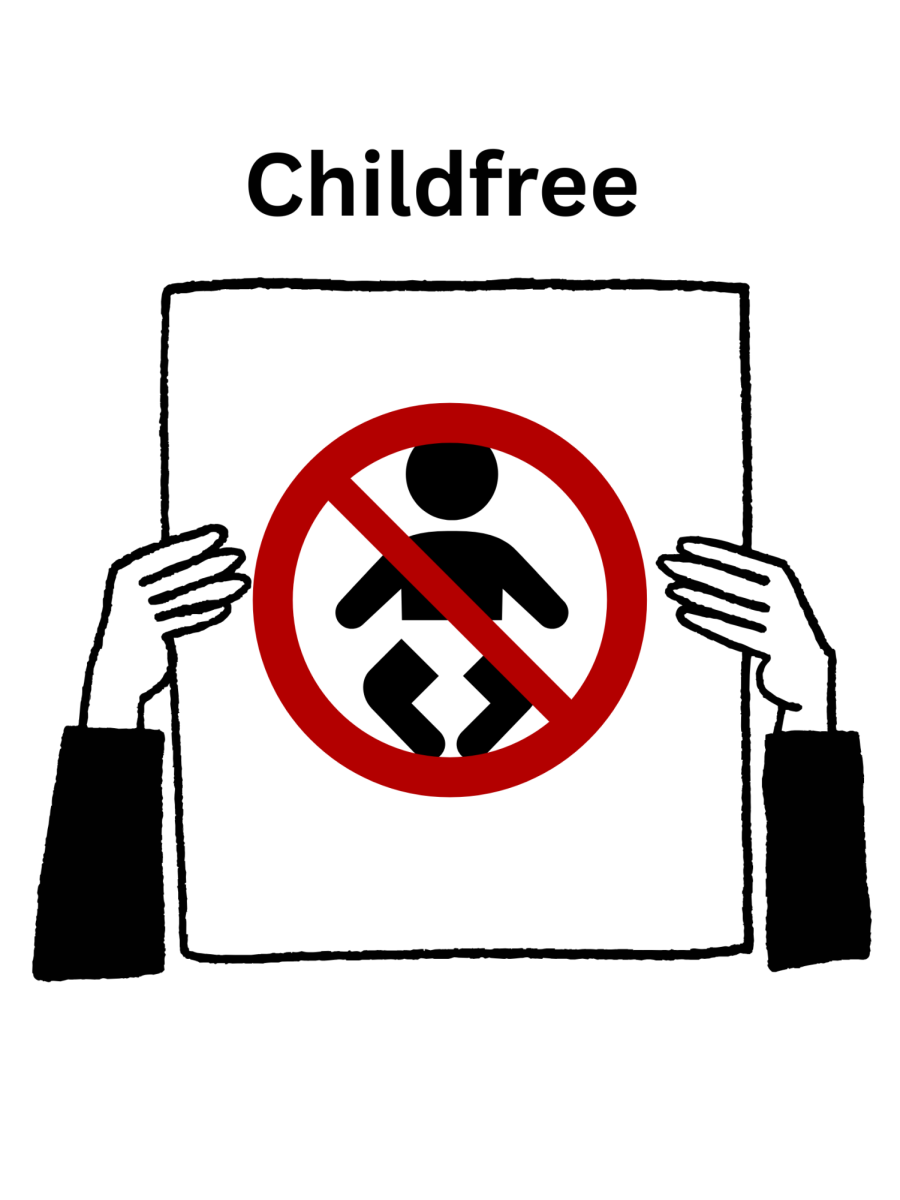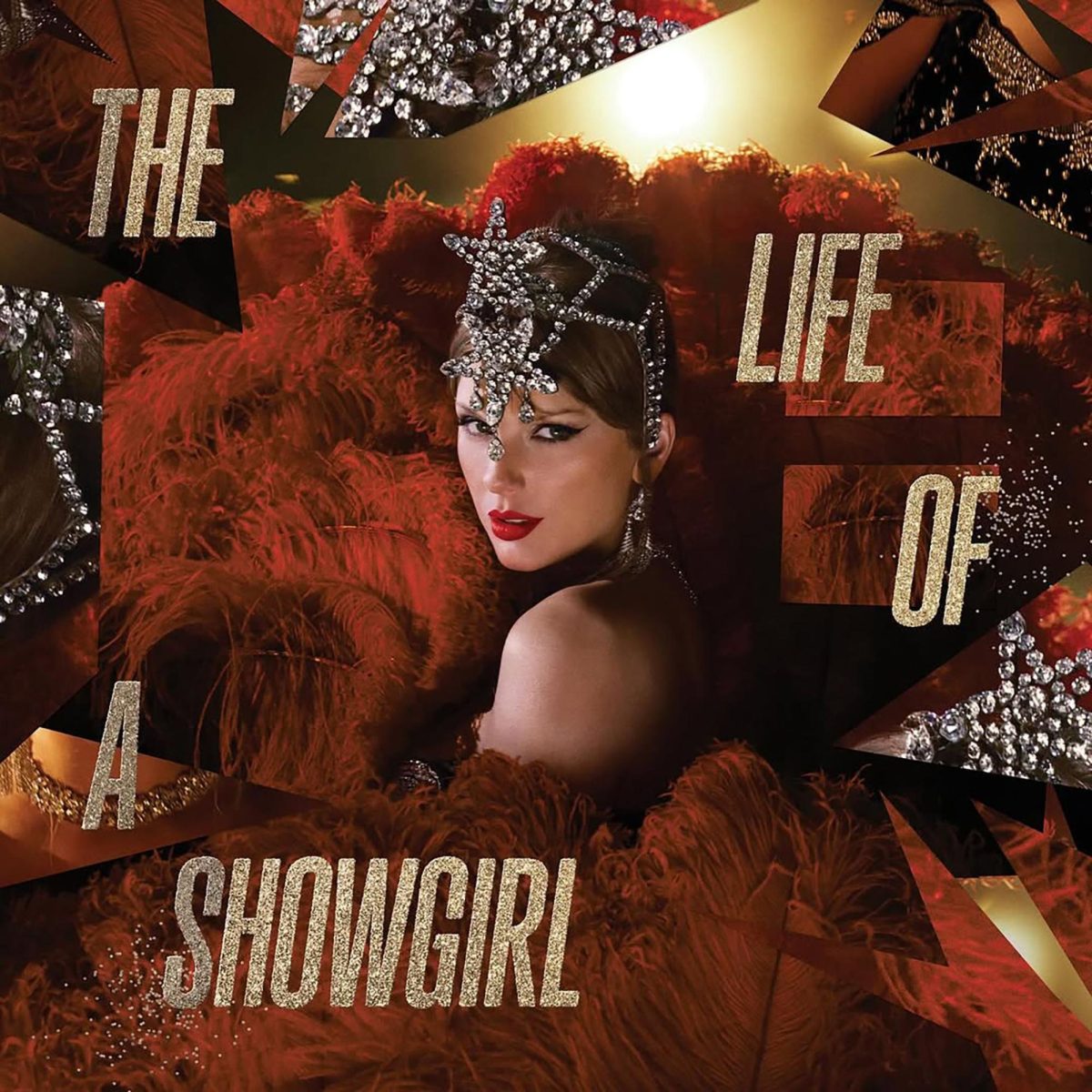By Michael Lynch
Assistant Opinions Editor
The lottery is a tax on people who can’t do math. Despite the odds and horrible rate of return, millions of Americans are flocking to convenience stores to buy tickets.
Why are so many people obsessed with the lottery? The Powerball and Mega Millions both are fundamentally unfair because of the low expected value; therefore, the wise choice is to save your money and not play.
On Oct. 23, Mega Millions jackpot was 1.537 billion dollars, by a winning ticket in South Carolina. While the Powerball on Oct. 24 as at 620 million. Those are very tempting numbers until we consider the odds of winning.
To win all five numbers plus the mega million, the odds are 1 in 302,575,350. It is slightly better for the Powerball lottery, with the odds at 1 in 292,201,338 for correctly guessing all five numbers, plus the Powerball. These figures do not include taxes, splitting the winnings if there are multiple winners or the penalty incurred if the winner chooses get paid in a lump sum over an annuity.
The lottery operates using incredibly unfair odds. It is often noted by the media that you are more likely to be struck by lightning than to win the lottery. According to the National Weather Center, your chances of being struck by lightning in any given year are 1 in 1,171,000. This statistic doesn’t adequately describe how low the odds are. For perspective, according to the United States Census Bureau, the current United States population is approximately 329,000,000.
With 1 in 302,575,350 as the odds for the Mega Millions, your chances are roughly the same as being randomly picked from every U.S. resident.
According to data compiled by the Bakersfield Californian, Kern County residents spent $127 million on the lottery in 2017. The worst part is the California Lottery Commission markets predominantly in low income areas. The lottery sells a false, unachievable dream by taking advantage of people who need money the most. This makes it a fundamentally regressive revenue source. Because lottery tickets do not sell as well in wealthier neighborhoods, this further increases the income divide within communities.
Perhaps the most appealing part of the lottery is the dream it sells: telling your boss that you quit, retiring, and never having to worry about money again.
The problem is that people often spend money they need for necessities on the lottery, hoping it is their way out.
My recommendation is to put all the money you would otherwise spend on the lottery in a savings account because you will still have your money when the game finishes.
The lottery, although exciting, is a voluntary tax. States across the country spend your tax dollars to market it. If you win, it will take back half of what you just won in taxes.
Despite the record high jackpots, the odds are still against you if you play the Mega Millions or the Powerball.
The next time you stop at a convenience store, don’t skip just skip the bags of chips; skip the lotto ticket too.








